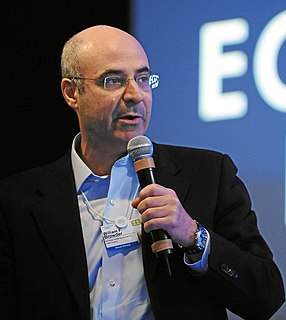A Quote by Aleksandr Solzhenitsyn
When Russia started to regain some of its strength as an economy and as a state, the West's reaction - perhaps a subconscious one, based on erstwhile fears - was panic.
Related Quotes
I think that right now the West understands Russia better than before and feels a much greater wariness toward it. I think that, if anything, Russia's sinister nature is exaggerated, in that most contemporary analysts in the West can't even imagine that Russia could be different. I think it can, with a different turn of events.
The attitude of the West and of Russia towards a crisis like Ukraine is diametrically different. The West is trying to establish the legality of any established border. For Russia, Ukraine is part of the Russian patrimony. A Russian state was created around Kiev about 1,200 years ago. Ukraine itself has been part of Russia for 500 years, and I would say most Russians consider it part of Russian patrimony. The ideal solution would be to have a Ukraine like Finland or Austria that can be a bridge between these two rather than an outpost.
ISIS is the near-term threat, and that the longer - or the mid-term challenge is managing the rise of China. There's some evidence that that's the thinking of the [Donald Trump] administration. That's a perfectly reasonable approach. Well, if that's the case, then you surely want to have a united West to deal with both, and you want to have Russia alongside, but maybe not this Russia while it's busy trying to undermine your chief asset, which is a united West.





































